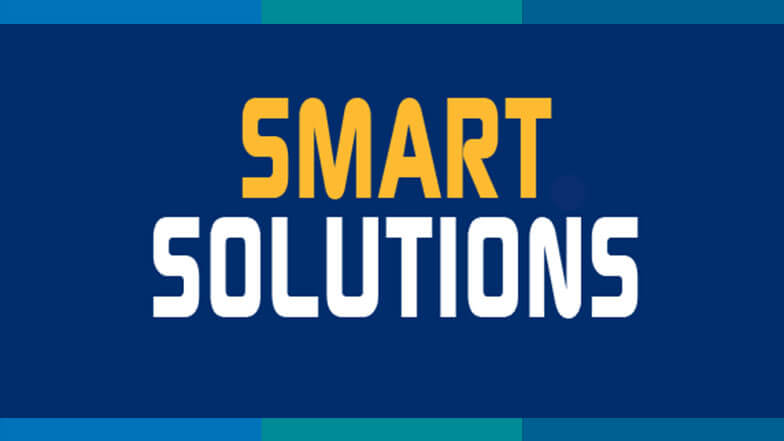
IFR addressing “owner-employees”: Last Fridays’ Interim Final Ruling came with an interesting Q&A that could have a meaningful impact on borrowers.
The Q&A was as follows:
Question: Are there caps on the amount of loan forgiveness available for owner-employees and self-employed individuals’ own payroll compensation?
Answer: Yes, the amount of loan forgiveness requested for owner-employees and self-employed individuals’ payroll compensation can be no more than the lesser of 8/52 of 2019 compensation (i.e., approximately 15.38 percent of 2019 compensation) or $15,385 per individual in total across all businesses. In particular, owner-employees are capped by the amount of their 2019 employee cash compensation and employer retirement and health care contributions made on their behalf.
This is significant – lets break down the issues:
- There is no formal definition of an “owner-employee” in any of the guidance that we have – for example, does it apply to C corporations, S corporations, partnerships, or all of the above. In the absence of a definition, borrowers may need to take a conservative view of this, meaning “any” ownership in a company would preclude forgiveness in excess of $15,385 for both Cash compensation AND the non-cash items listed. Keep in mind, a non-owner can have up to $15,385 of cash compensation forgiven AS WELL AS employer paid health and retirement benefits. This could limit total forgiveness for a population of employees that had not been considered in the past.
- If you have an employee stock incentive plan (or Profits Interest Plan), or an employee has RSUs, profits interests or has exercised a stock option, that could potentially make them “owner-employees” and thus limit the forgiveness on their cash/non-cash compensation.
- This will present accounting issues, for example, the need to “carve out” health benefits paid to these specific employees from total benefits paid (often in one bulk check).
- This calculation also limits forgiveness to “the lesser of” 2019 compensation or $15,385, so this logic will need to be factored into the calculation.
- What if an employee only became an owner in 2020 (e.g., through exercise of an option in 2020), do we still need to look at 2019 to determine compensation amounts?
- What if they only worked for a short period in 2019 and had significantly less compensation in that period? If we have to use “the lesser of,” will the borrower be unduly penalized in the calculation?
The Q&A within this IFR certainly can create some complexities when it comes to the forgiveness calculation, and unfortunately it has created more questions than answers. Hopefully we will have more guidance soon. For now, though, we recommend adjusting calculations for all owners and hope that some sort of de minimis threshold is announced in the future.
Reminder Section: (what should I be doing):
- Call your payroll company about claiming the payroll tax deferrals and employee retention credits that were made available in the CARES Act.
- Talk to your payroll company about the Sick Pay Bill (passed prior to the CARE Bill).
- Consider speaking with your bank to discuss changes to terms of existing debt facilities. The banking system remains strong.
- If you have already applied for the PPP, start forecasting how you intend to spend the funds and how to qualify for the highest amount of forgiveness possible.



